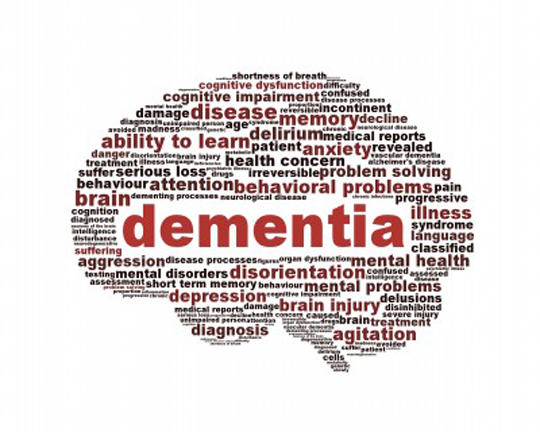What might appear to be signs of memory loss could actually point to hearing issues, says Dr. Susan Vandermorris, one of the study’s authors and a clinical neuropsychologist at Baycrest. A recent Baycrest study, published in the Canadian Journal on Aging, found that the majority (56 per cent) of participants being evaluated for memory and thinking concerns and potential brain disorders had some form of mild to severe hearing loss, but only about 20 per cent of individuals used hearing aids. Among the participants, a quarter of them did not show…
Read MoreCategory: Brain
Researchers Discover the Brain is Strobing, Not Constant
It’s not just our eyes that play tricks on us, but our ears. That’s the finding of a landmark Australian-led collaboration that provides new evidence that oscillations, or ‘strobes’, are a general feature of human perception While our conscious experience appears to be continuous, the University of Sydney and Italian universities study suggests that perception and attention are intrinsically rhythmic in nature. This has profound implications for our understanding of human behaviour, how we interact with environment and make decisions. A paper published today in Current Biology provides the important new evidence…
Read MoreHow Gut Bacteria Affects the Treatment of Parkinson’s Disease
Patients with Parkinson’s disease are treated with levodopa, which is converted into dopamine, a neurotransmitter in the brain. In a study published on 18 January in the journal Nature Communications, scientists from the University of Groningen show that gut bacteria can metabolize levodopa into dopamine. As dopamine cannot cross the blood-brain barrier, this makes the medication less effective – even in the presence of inhibitors that should prevent the conversion of levodopa. ‘It is well established that gut bacteria can affect the brain’, explains Assistant Professor in Microbiology Sahar El Aidy,…
Read MorePsychological Distress is a Risk Factor for Dementia
Researchers from the Department of Public Health, University of Copenhagen have, in collaboration with the National Research Centre for the Working Environment, and the Danish Dementia Research Centre, shown that being distressed in late midlife is associated with a higher risk of dementia in later life. The findings contribute to our understanding of psychological distress as an important risk factor that should receive more focus when considering prevention initiatives in relation to later dementia. Psychological distress can be defined as a state of emotional suffering sometimes accompanied by somatic symptoms.…
Read MoreDifficulties with Audiovisual Processing Contributes to Childhood Dyslexia
A University at Buffalo psychologist has published a neuroimaging study that could help develop tests for early identification of dyslexia, a disorder that effects 80 percent of those diagnosed with difficulties reading, writing and spelling. Tasks which require audiovisual processing are especially challenging for children with dyslexia, according to Chris McNorgan, an assistant professor in UB’s psychology department and project lead for the research published in the journal PLoS ONE. Designing tests sensitive to the problem of audiovisual integration could determine the presence of a disorder that often goes undetected during…
Read More




